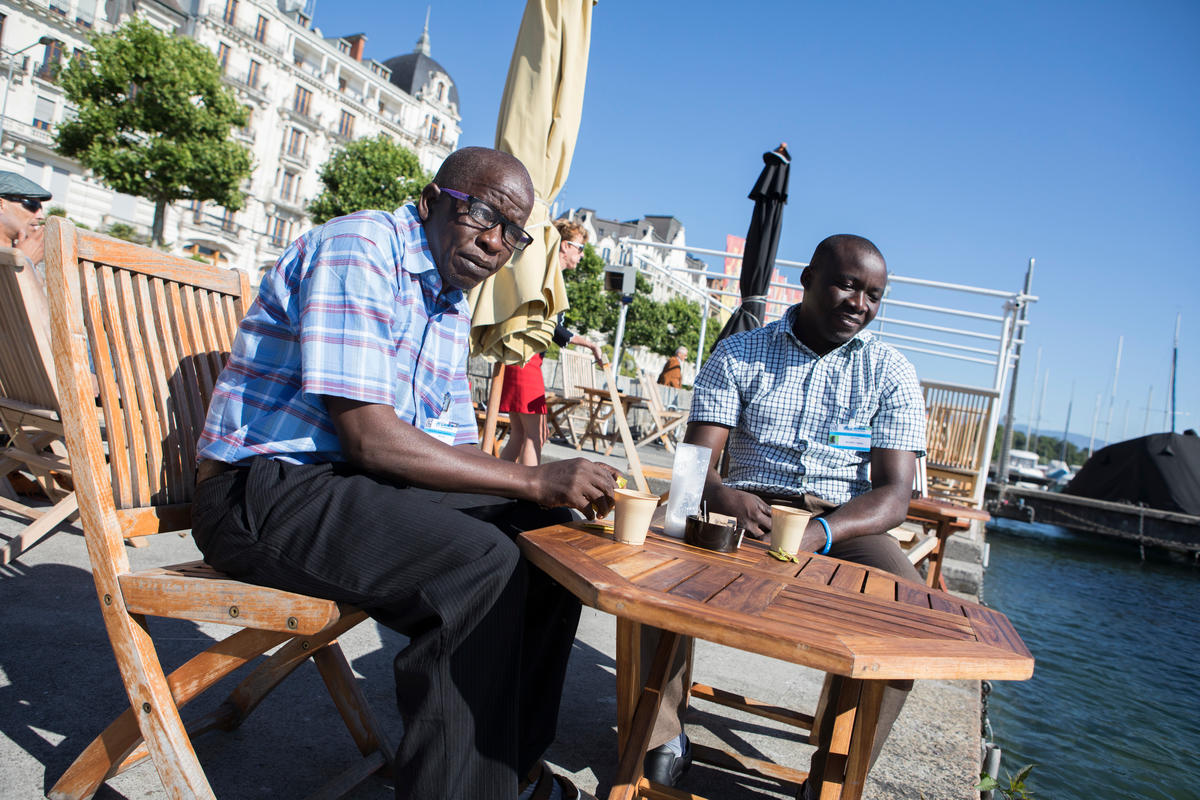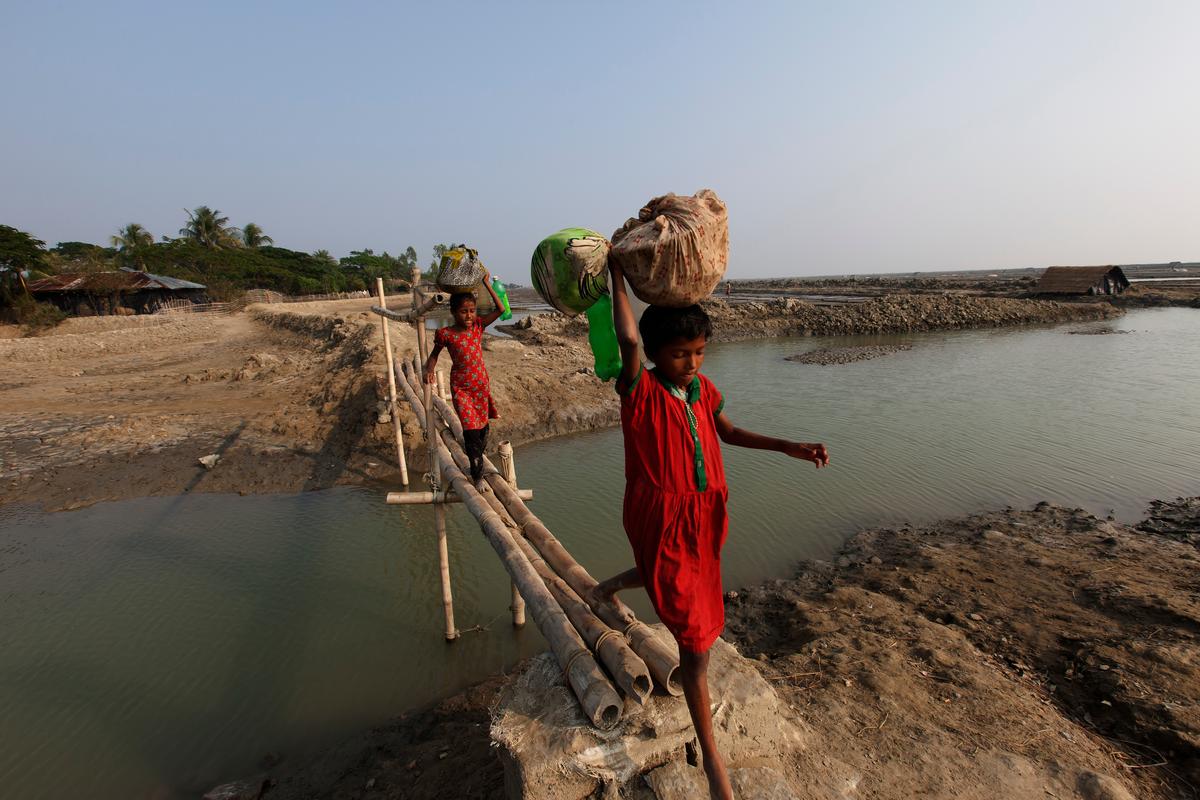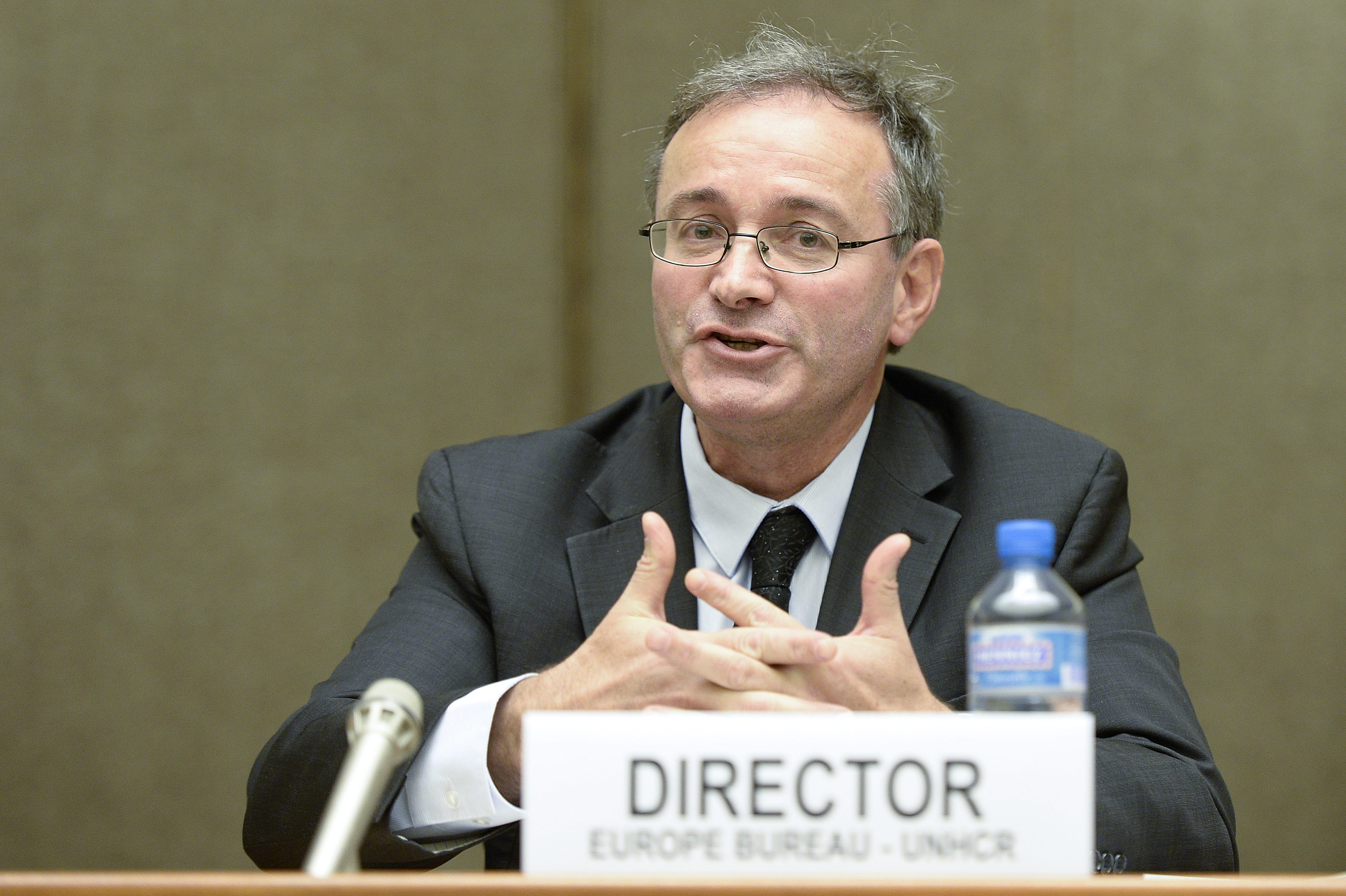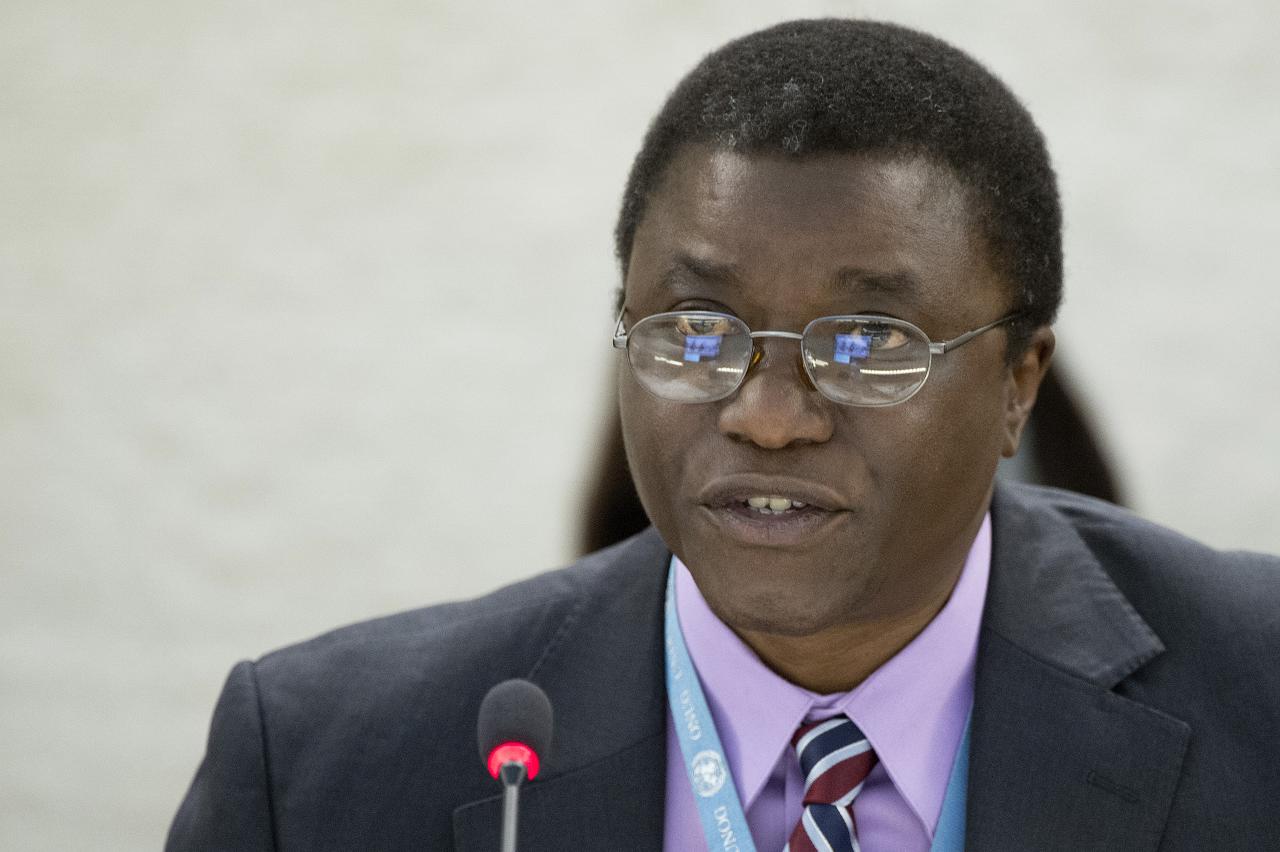Q&A: Countess works in a noble cause
Q&A: Countess works in a noble cause

MADRID, Spain, June 6 (UNHCR) - Mexican-born philanthropist and mother of twins, Genoveva Casanova y González, Countess of Salvatierra, has developed a keen interest in the plight of the world's uprooted people during the past year. The striking and accomplished young woman, whose grandparents were refugees, has also established a close relationship with the UN refugee agency. She has been on mission to Nepal and India, where she was able to see UNHCR's work first hand. Casanova, who is scheduled to take part in a World Refugee Day-linked event in the Spanish city of Valencia later this month, spoke with UNHCR External Relations Officer Francesca Fontanini. Excerpts from the interview:
Tell us about your trip to Nepal and India with UNHCR?
It was a very enriching and positive experience. I learned a lot about the creation and development of projects inside and outside refugee camps. I learned to see the problems in both countries from many different viewpoints - that of the refugees, UNHCR, the NGOs [non-governmental organizations], the UN and the governments.
Also, I learned that the role of UNHCR in trying to achieve the best possible solutions for the refugees depends on all these determining factors. However, I learned above all not to be scared of feeling, deep within myself, the suffering of knowing about the world as it is and to feel the suffering of somebody real whom I could touch, hear, smell.
What do you think about the work of UNHCR in the two countries?
I admire the work of UNHCR in these countries. Each country has very different situations which determine UNHCR's actions and each of the offices works as hard as possible within the limits they face. I think there are still many needs and it's necessary that UNHCR's plan includes development of fund-raising and social awareness.
Is there any particular episode that sticks out in your mind?
The whole journey has been a very deep experience. It's hard to choose one anecdote, but I'll try. I was at a refugee centre in New Delhi, asking refugees about their concerns. One Afghan woman with five sons told me that she could not work in India, but she could not leave either. "It is very easy for you rich people to take a plane. You don't know the meaning of being prevented from moving when it is difficult to survive where you are staying," she told me.
I talked alone with this woman and she told me her history. It was hard to see her crying, with her older daughters around her, and telling me how they fled from Afghanistan after members of her husband's family were killed, driving him crazy.
How can we raise global awareness about refugees?
The only way to create awareness is by disseminating information about the seriousness of the problem. This can be done in various ways, including the media, organization of forums and conventions, and by involving state representatives.
The problem is that the fundamental issues behind the flight of refugees can only be resolved by the governments involved. However, UNHCR and the international community can be extremely helpful.
Do you think Spain cares about the world's refugees?
Of course it does. In Spain, we have one of the most advanced legislations in terms of refugees' rights. I believe that we need more commitment on social awareness and a stronger effort by the government for the resolution of political problems. UNHCR in Spain is working also in this direction. This is one of the objectives I am engaged in.
Tell us how your relationship with UNHCR came about
I first heard about UNHCR several years ago in Kenya, when I was living in Nairobi. An Argentinean friend of mine, Justo Casal, was working as a volunteer in refugee camps. He was constantly telling me about his experiences, showing me his pictures and inviting me to meet the refugees.
However, it was not until last year that I decided to try and get involved. I followed the work of [UNHCR Goodwill Ambassador] Angelina Jolie, and I started to read up on the High Commissioner for Refugees. When I was sure that I wanted to help in some way, I called [UNHCR Representative to Spain] Agni Castro Pita and went to his office.
What can you do to raise visibility for UNHCR and refugees?
I have many different ideas that I hope will be realized. For the moment, I can tell you that I am working on a photo exhibition, a book of journey notes, promotion of my missions through the media and logistical support to some of the projects already existing. However, I still have a lot to learn, and I am working with UNHCR on an agenda in Spain, as well as outside Spain, so that we can build serious and solid work.









